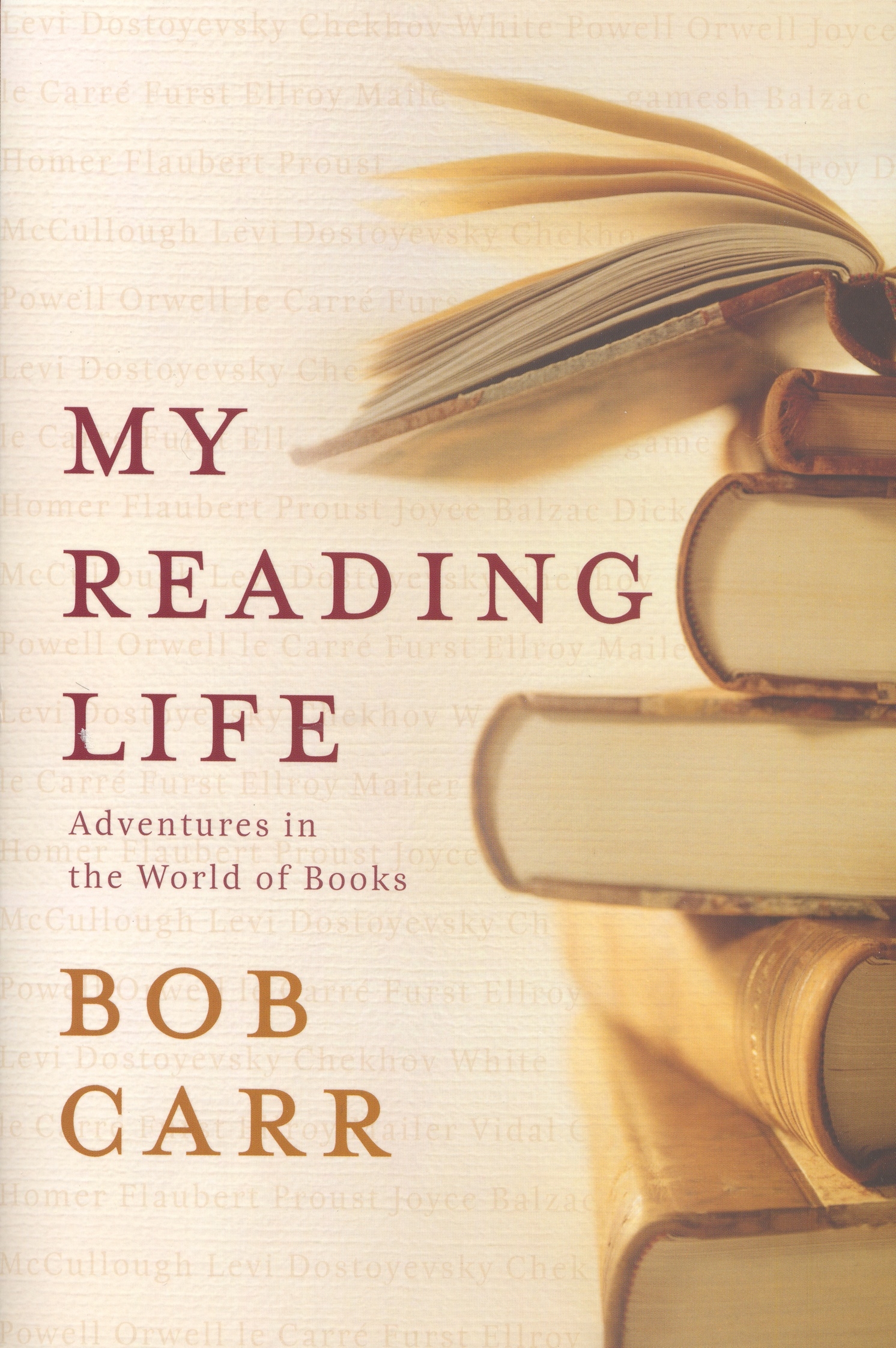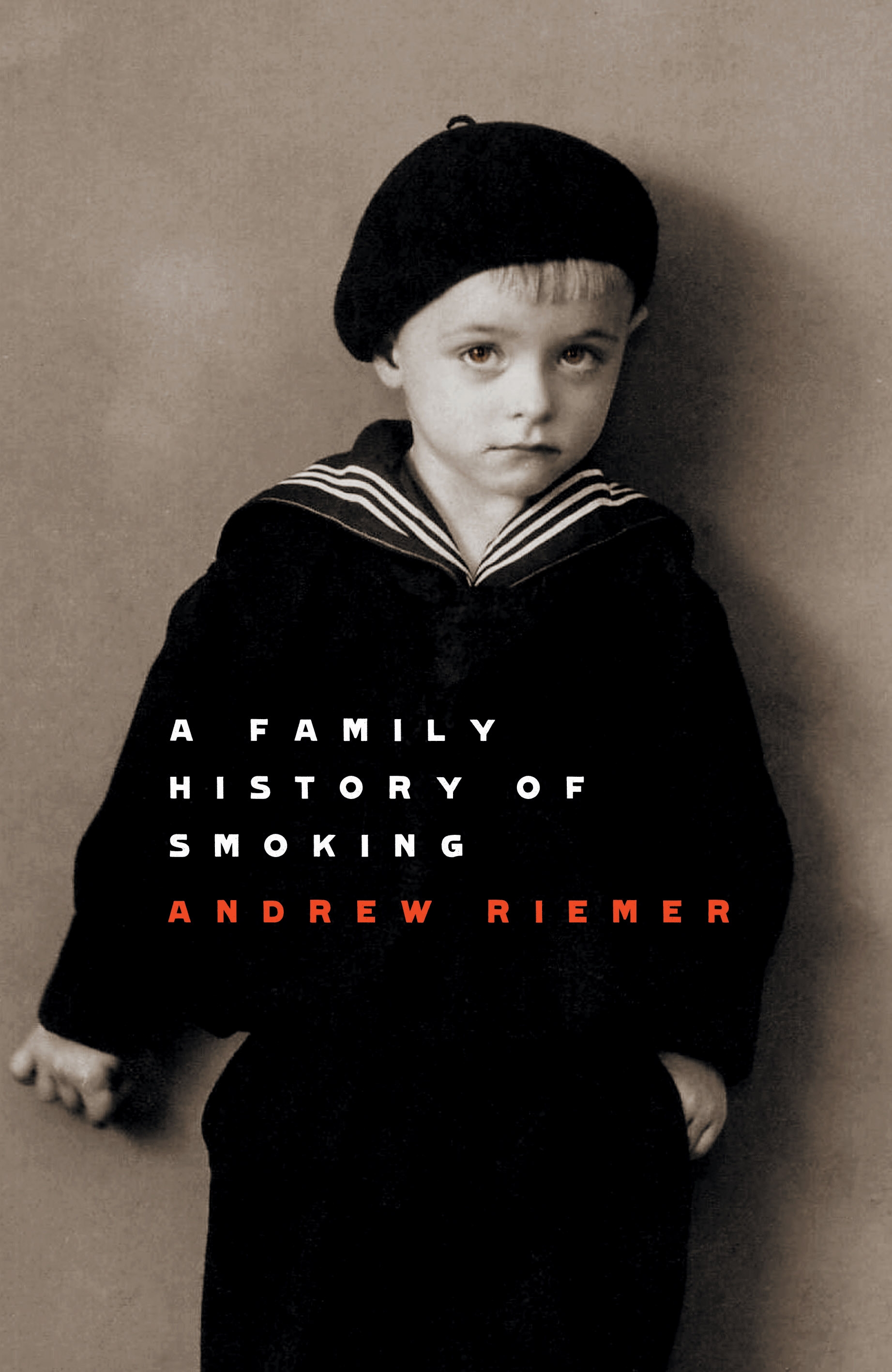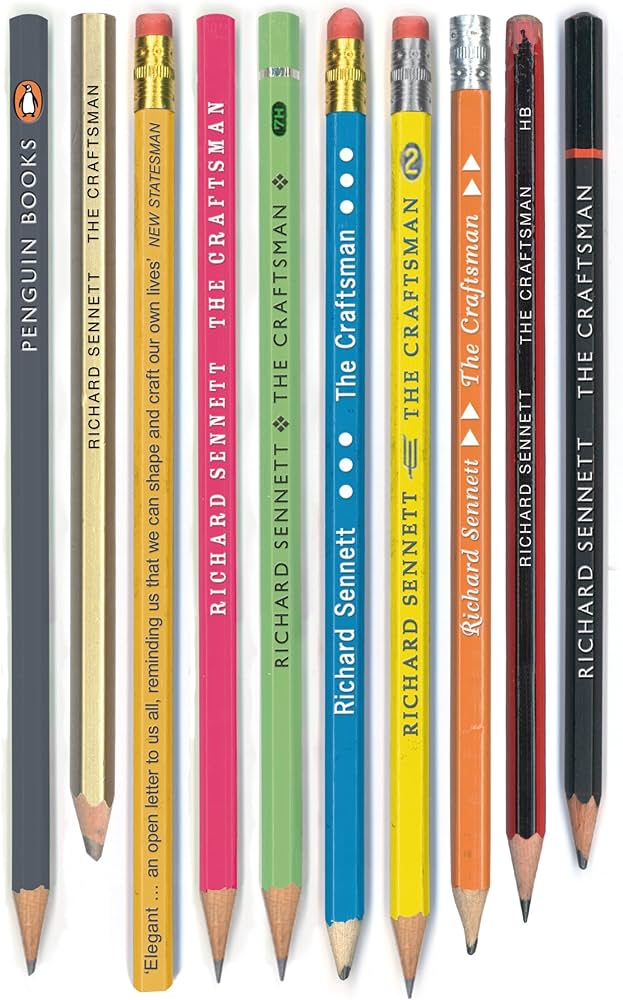Non Fiction
Books may furnish a room but they also furnish the mind. As somebody once said, ‘A man is known by the company his mind keeps’. One of my first moves on visiting a home is to check out the bookshelves, to discover something about the owner’s mind. Bob Carr, New South Wales’s longest-serving premier, has conveniently outlined his reading life in this opinionated, sometimes infuriating but always compelling account, which allows us to read his mind without physically visiting his library.
... (read more)A Family History of Smoking, the most recent of Andrew Riemer’s memoirs, focuses on the world of his great-grandparents, his grandparents, and his parents. In so doing, it traces Hungary from the days of the Austro-Hungarian empire and its collapse at the end of the Great War, on through the brief springtime of the 1930s and the chaos of displacement and destruction of World War II. It is a rich and rewarding memoir.
... (read more)A Cautious Silence: The politics of Australian anthropology by Geoffrey Gray
A Cautious Silence is about the establishment of anthropology as an academic and applied discipline in Australia from about 1920 until after World War II. During this period, anthropological research in Australia largely focused on indigenous Australia, New Guinea, Papua and some Pacific islands. A signal event marking the beginning of the period covered in the book was the foundation in 1921 of the Australian (rather than British) National Research Council (ANRC). Marking the end were the debates over the establishment of the Woomera Rocket Range and the consequences for Aborigines in the region. Geoffrey Gray’s afterword deals briefly with university and research politics in the 1950s and 1960s.
... (read more)A River Kwai Story by Robin Rowland & The Men of the Line by Pattie Wright
These two books on the building of the Thai–Burma railway in World War II are very different in format and tone. Australian film-maker Patti Wright’s Men of the Line is an exquisitely designed collection of stories and images by Australian prisoners of war who were forced to build the railway for their Japanese captors. Wright describes her book as ‘a tribute to the ex-POWs who experienced the best and worst that human nature can offer and returned to tell the tale’. Canadian journalist Robin Rowland’s A River Kwai Story: The Sonkrai Tribunal is a solidly researched investigation that concentrates on F Force, the group of Australian and British prisoners that suffered the worst death rate on the railway, and the postwar war crimes trial that found seven Japanese soldiers guilty of the ‘inhumane treatment’ of these men. Rowland concludes that the Japanese did commit war crimes; she also exposes failures by Australian and British officers that increased the POWs’ suffering.
... (read more)Make it Australian: The Australian Performing Group, the Pram Factory and New Wave theatre by Gabrielle Wolf
The Australian Performing Group (APG) and its associated theatre space, the Pram Factory, form one of the legends of Australian theatre. And like all legends, the stories that people tell of it inevitably conflate the truth of what it actually was – or wasn’t, as the case may be. Somewhere back in 1969 – or was it 1970? – a group of enthusiastic thespians decided to take on the world (or at least their own preconceptions of it), and shake up the theatrical Establishment. Legend has it that Australian theatre has never been the same since.
... (read more)Stressing the Modern: Cultural politics in Australian women's poetry by Ann Vickery
I have commented before in ABR that literary criticism is a rara avis in Australia’s publishing world, so perhaps it is not surprising that Ann Vickery has had to find an overseas publisher for this important contribution to Australia’s literary and cultural history. Whatever its provenance, I have a particular reason for welcoming this contextualising study of the work and times of six women poets of the early twentieth century: Mary Gilmore, Marie Pitt, Mary Fullerton, Anna Wickham, Zora Cross, Lesbia Harford and Nettie Palmer.
... (read more)We begin by peering through a window, watching a carpenter hard at work, engaged, precise, among tools and apprentices. Suddenly, we are glimpsing a lab technician working on rabbit cadavers; next, we are in a concert hall, our eyes keenly directed toward the conductor. We encounter these three craftsmen many times throughout Richard Sennett’s enthralling inquiry into the nature of craftsmanship. Their ranks are joined by ancient weavers, medieval goldsmiths, Linux programmers, brick-builders, luthiers, architects, glassblowers and those who constructed the first atomic bomb.
... (read more)The Failure of Poetry, The Promise of Language by Laura (Riding) Jackson, edited by John Nolan
Laura Riding, sometime poet and citrus-grower has risen from the grave to deliver this series of attacks on poetry and its untruthfulness. She comes back to us now in a posthumous gathering of essays and shorter notes, The Failure of Poetry: The Promise of Language. It will certainly get people’s backs up.
... (read more)Captain Charles, Engineer of Charity: The remarkable life of Charles Gordon O’Neill by Stephen Utick
In 1881 Charles O’Neill abandoned a career in New Zealand and moved to Sydney, settling in The Rocks, close to the Marist fathers at St Patrick’s on Church Hill. Soon he had gathered about him a group of men keen to do something about the poverty they saw around them under the name of the Society of St Vincent de Paul. O’Neill was then in his early fifties, having been born in 1828 in Dumbarton, Scotland, the youngest of eleven children in the family of Irish Catholic parents.
... (read more)This is an honest, modest report of what students and teachers across the country think about the teaching of Australian history in schools. Anna Clark has allowed her subjects to speak for themselves; being a scrupulous historian, she has not edited their offerings. So we hear words like these: ‘Now they’re having like record numbers [at Anzac Day], and like huge ceremonies all over Australia and they’re like young people that respect it’; and ‘Reading a textbook, when you have to like read three pages of a textbook, and then the teacher’s like, “Do the questions”...’ An enduring value of this book will be its record of teenagers’ spoken English in the first decade of the twenty-first century. It makes for rather tiresome reading, but it is salutary to be constantly reminded of where students are at, like.
... (read more)










